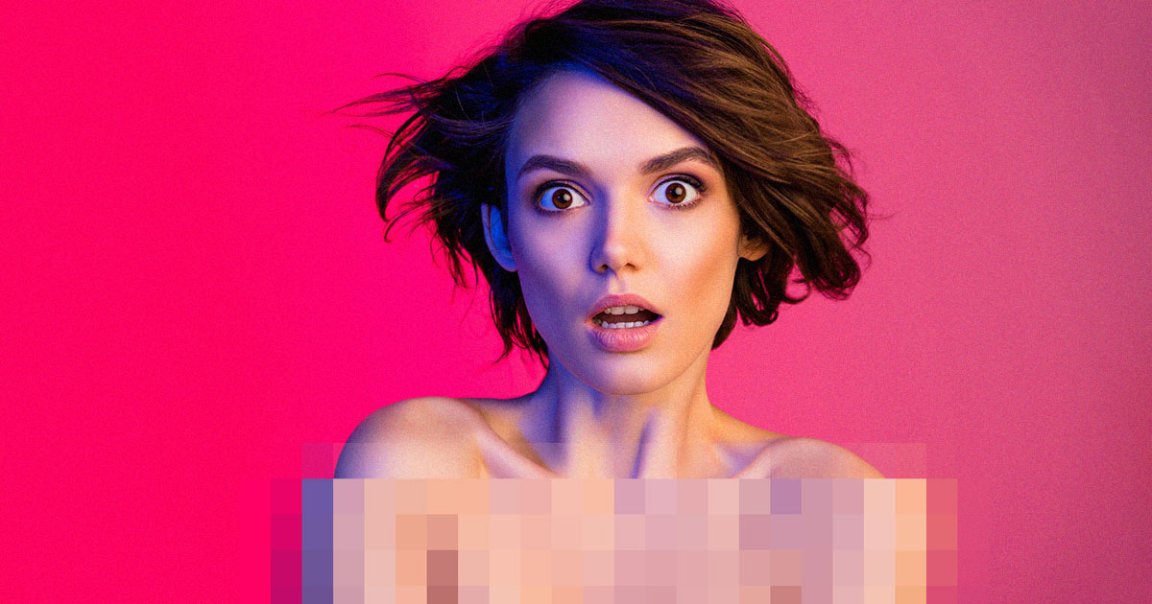
Pinky Promise
Photoshop’s new generative AI tools are here — and Adobe really, really, pretty please doesn’t want you to use them to make porn, okay?
Presumably in response to the growing existential threat that text-to-image AIs like OpenAI’s DALL-E and Midjourney pose to the longtime overlord of the graphic design kingdom, Adobe this week unveiled the beta for its new suite of generative AI tools. Dubbed Adobe Firefly, the tools are apparently pretty impressive — a win, considering that AI-generated imagery has already put Chinese videogame illustrators out of work and graced the cover of Vogue Italia.
“I think it is going to have a transformational impact in the number of people that create content,” David Wadhwani, Adobe’s president of digital media, told NBC, “and the number of people that can monetize the creation.”
And yet, despite Adobe’s apparent enthusiasm, the beta comes with a hefty dose of user guidelines, a large chunk of which is dedicated to everything that users are not allowed to create. And at the top of that do-not-generate list, among a number of other big — and seemingly pretty hard to police — nos, is “pornographic material or explicit nudity.” Sorry, folks!
Rule Book
It’s a fair — and honestly, probably necessary — ask.
Deepfaked porn, which causes serious and devastating real-world harm, has become increasingly commonplace over the past few years, and we’ve already witnessed how easily generative AI tools can accelerate the creation of convincing pornographic deepfakes; meanwhile, it would definitely be a really terrible thing if AI programs suddenly became tools for individuals to act out any abusive fantasies (to that end, it’s worth noting that Adobe has a specific clause banning the production of child sexual abuse imagery.) Explicitly telling Firefly users to steer clear is probably the safest choice for Adobe, at least from a business perspective.
That said, the world of porn is complicated — after all, what’s porn, and what’s art? Those lines in the sand aren’t always terribly clear, and the fact that Adobe, whose products have long held a central role in the economy of digital art, has outright banned any explicit nudity feels significant.
And again, outside of hitting users with an ever-classic “pretty please,” it’s unclear how Adobe actually plans to police this kind of material. So, if anything, maybe just count Adobe’s pornography provision as yet another example of how ethically murky the waters of generative AI continuously prove to be — and how companies will continue to hop on the gravy train regardless.
More on AI: Bill Gates Says AI Is Poised to Destroy Search Engines and Amazon